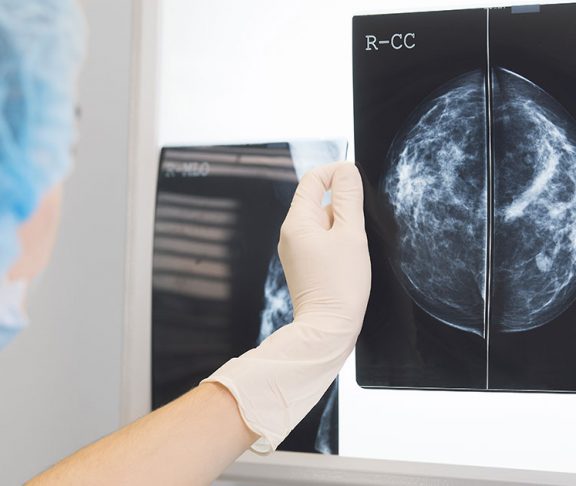Metastatic breast cancer, also known as stage IV breast cancer, takes the lives of more than 40,000 Americans a year. For women whose cancer has spread beyond the breast and nearby lymph nodes to the lungs, liver, bones or brain, the diagnosis means they will be treated but likely never cured of the disease. While new medicines offer hope of slowing progression and maintaining quality of life, living with stage IV means managing a bevy of intense emotions.
Community amidst confusion
Feelings of shock, confusion and anger are common. Amidst the pink ribbons of October, women living with metastatic cancer often feel isolated from those who have been treated for early-stage breast cancer and who will not be in treatment for the rest of their lives. The financial pressures of treatment are often another unexpected and very challenging side effect.
But if you receive a stage IV diagnosis, you need not feel alone. In recent years, support organizations have developed conferences and resources tailored to the informational and emotional needs of stage IV. Some offer group hikes or a helpline with someone who understands. There are webinars with medical experts, informational materials that help you ask the right questions and private online communities where you can share thoughts.
The right resources
However, there are also disreputable sources online, and individuals in treatment need to protect themselves from negative and erroneous influences. Search online, but check with your care team to verify the sources and information you receive.
It’s important to know yourself and what makes you feel secure and whole. Many people find strength in yoga and meditation, as it enables them to calm and focus their thoughts. Some channel their anger and frustration into advocating for research and improved access to treatment. Others find writing and speaking a rewarding way to make sense of their situation and help others.
Whatever the case, it’s important to understand that there is no one right way to manage a stage IV diagnosis. While we await the progress of research and clinical trials, we can make life better for the people we know by supporting the ways in which they find meaning in coping with this daily challenge.

